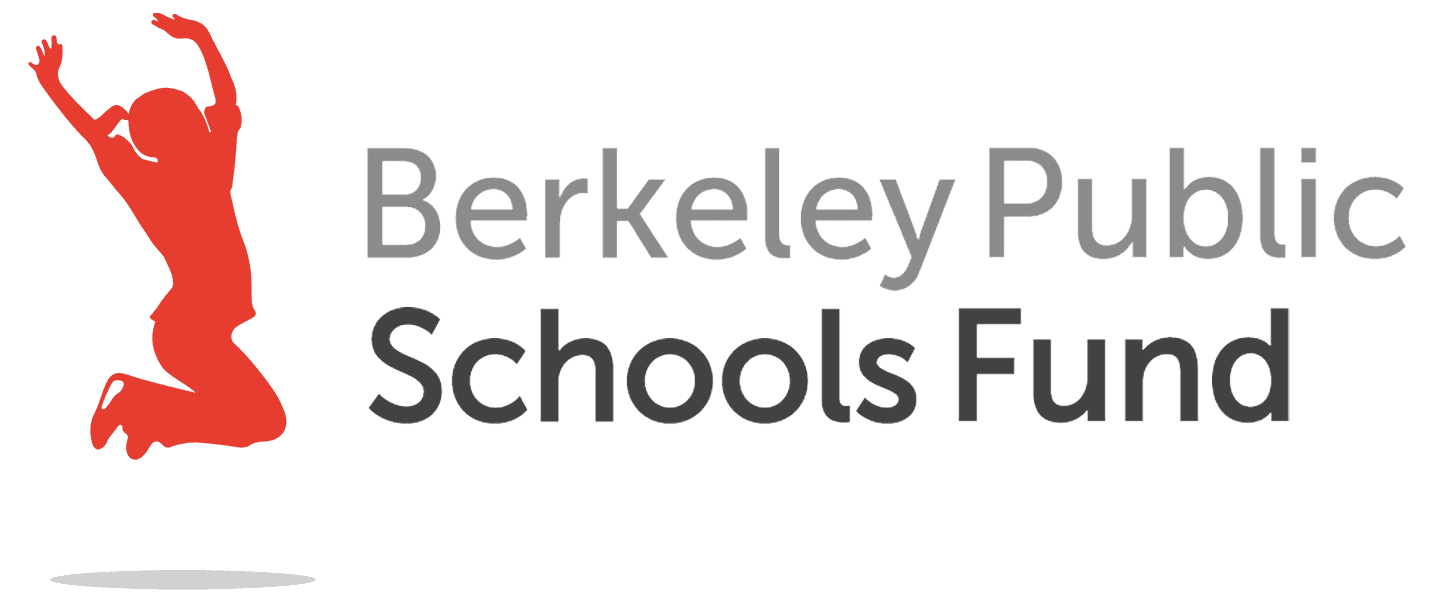It might seem odd to imagine anyone other than an English teacher working to improve how students read and write. However, that was exactly what Math, Science, and Humanities teachers from Berkeley Middle Schools were brainstorming together to achieve on a recent weekday afternoon.
The Schools Fund awarded Akemi Hamai, a science teacher at King, with a Strategic Impact Grant for the 2016-17 school year to convene all “core subject” middle school teachers to attend a five-day Constructing Meaning Institute. Constructing Meaning (CM), which teaches “Academic Language”, was first developed as an approach for English Language Learners, but the specific language used in Constructing Meaning relates to higher critical thinking skills that actually pertain to all learners, such as: cause and effect, compare and contrast, explain and describe, problem and solution, and sequence. All students need to feel comfortable with incorporating words like comparable, validate, and preceding in their everyday conversations.
 On the day of our visit, it was the last day of the Institute held at King Middle School. Teachers were trained on “backwards” lesson planning while keeping the language demands of their specific subject area in mind. Hamai explains, “Teachers have a subject-specific learning outcome and an academic language learning outcome.” They then developed strategies to teach Academic Language and provide many opportunities for students to express their thoughts through discussions and written performance tasks. With Common Core standards holding students accountable for understanding and responding to complex concepts and texts through mostly writing, the need for Academic Language instruction is greater than ever.
On the day of our visit, it was the last day of the Institute held at King Middle School. Teachers were trained on “backwards” lesson planning while keeping the language demands of their specific subject area in mind. Hamai explains, “Teachers have a subject-specific learning outcome and an academic language learning outcome.” They then developed strategies to teach Academic Language and provide many opportunities for students to express their thoughts through discussions and written performance tasks. With Common Core standards holding students accountable for understanding and responding to complex concepts and texts through mostly writing, the need for Academic Language instruction is greater than ever.
 The Schools Fund had previously funded a three-day Constructing Meaning Institute at Berkeley High School in the 2013-2014 school year. Tamara Friedman, a Vice Principal at BHS, cites that “the Constructing Meaning model does much more than train teachers around incorporating academic language across content areas. It also provides teachers with a research-based framework for lesson planning and good instruction.”
The Schools Fund had previously funded a three-day Constructing Meaning Institute at Berkeley High School in the 2013-2014 school year. Tamara Friedman, a Vice Principal at BHS, cites that “the Constructing Meaning model does much more than train teachers around incorporating academic language across content areas. It also provides teachers with a research-based framework for lesson planning and good instruction.”
By continuing our support for this successful program, we aim to assist all students in articulately expressing their thoughts in all subjects and developing communication skills that will serve them beyond middle school and high school – because good communication skills only become more important after graduation.


